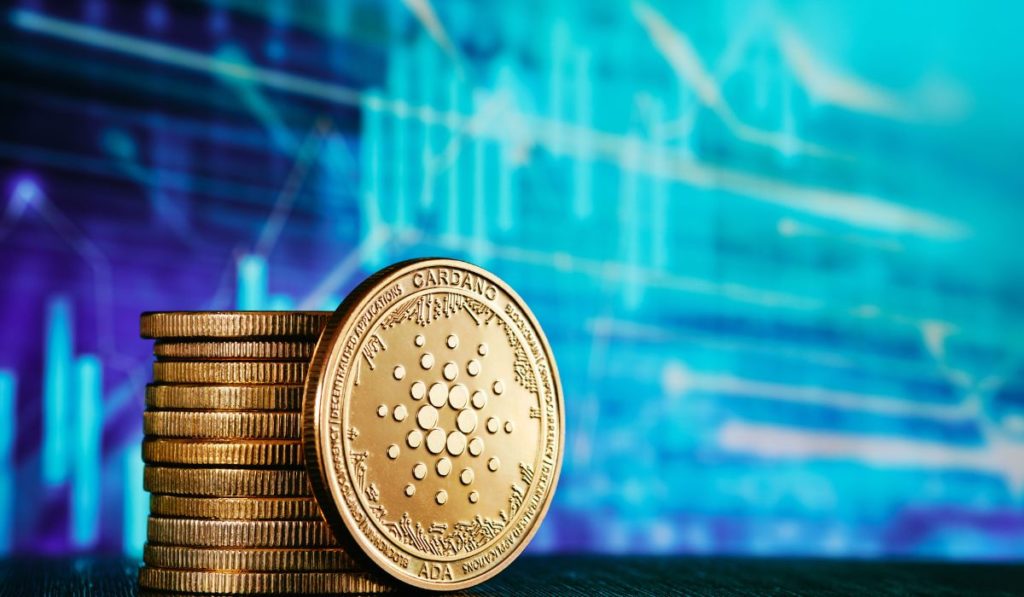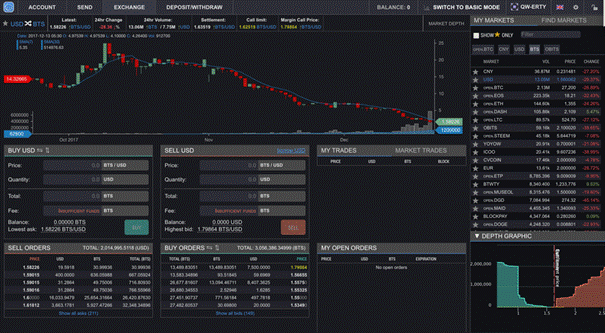2019-1-30 09:37 |
Most criminally-connected cryptocurrency passed through an exchange in 2018, according to a new report from Chainalysis. The study indicates that 76% of laundered cryptocurrency passed through basic online exchange services, including centralized exchanges and peer-to-peer exchanges.
Approximately 64% of last year’s criminally-connected cryptocurrency was laundered by simply depositing it onto online exchanges and trading it. Nearly $1 billion was washed by criminals using the same basic methods we use to deposit and trade cryptocurrencies.
An additional 12% of cryptocurrencies were laundered using other peer-to-peer exchange services. Added together, a total of 76% of laundered cryptocurrency passed through a centralized or P2P exchange in 2018.
Meanwhile, the third laundering source labeled “Other Conversion” accounted for 23.8% of cryptocurrency laundering. Other crypto conversion methods include the use of bitcoin ATMs, gambling sites, or mixing services.
Over three-quarters of last year’s illegal cryptocurrency moved through an online exchange at some point. Some of this cryptocurrency was “illegal” because it was used in the sale and purchase of drugs. Another cryptocurrency was illegal because it was hacked from cryptocurrency exchanges directly. Some illegal crypto was traced to illegal transactions in the offline world.
No matter where the illegal funds came from, however, most of the funds ended up on an exchange:
“A majority of illicit funds actually flow through either exchanges, or peer-to-peer exchanges, with the rest flowing through other conversion services such as mixing services, [Bitcoin] ATMs and gambling sites,”
explained Chainalysis.
How Chainalysis Tracked Crypto Money LaunderingChainalysis tracked the illegal money laundering by working backward from successful prosecutions. They looked at cryptocurrency funds that were seized as part of successful law enforcement operations, then extrapolated that data to make assumptions about the source of laundered funds.
They also worked forwards, tracking funds used in criminal transactions until those funds were deposited in mixers and exchanges.
“Analysts can only estimate money laundering activity by working backward from successful prosecutions and making assumptions about how much of the total activity has been detected,”
explains the official Chainalysis report.
It’s actually easier to track laundered cryptocurrency than laundered fiat currency. A laundered US $100 bill, for example, may be indistinguishable from the non-laundered US $100 bill. With cryptocurrencies like bitcoin, however, all transactions are stored on the blockchain, making it easier for experts like Chainalysis to track funds as they’re used in criminal activities before being laundered on exchanges.
Nevertheless, there are some similarities in the way cryptocurrencies and fiat currencies are laundered:
“As in traditional currencies, money laundering in cryptocurrencies has three distinct phases: placement, layering, and integration. Thus, a successful laundering scheme involves ‘placing’ criminal funds into the financial system, moving them around or ‘layering’ to avoid detection, and then ‘integrating’ those funds into the real economy, usually through a business, to make them look like legitimate profit.”
It’s also important to note that not all bitcoin transactions are technically recorded on-chain. If a criminal loads a hardware wallet with $1 million of bitcoin and hands that hardware wallet to someone else, then this transaction is not recorded on-chain. Criminals are starting to use similar methods to protect themselves from blockchain analysis companies like Chainalysis.
Chainalysis claims a “significant amount” of criminal activity occurs off-chain using methods like this.
Chainalysis uses special software to track cryptocurrencies being sent from illegal organizations to services like mixers. However, they claim one of the best ways to detect and prevent this activity is through anomaly prevention software:
“To investigate this form of money laundering would require anomaly detection software, the second of the necessary software […]. This software flags unusual activity that looks like ‘layering,’ for instance spikes in the frequency and size of transactions,”
the report explained.
How Can Exchanges Fight Back?Over $1 billion of cryptocurrency was laundered through exchanges in 2018. That sounds like a lot. In reality, however, it’s a small portion of the total transactional volume of the crypto industry. There were $410 billion of transactions made in 2018 in bitcoin alone, for example.
Nevertheless, money laundering is a problem for exchanges that want to limit their liability and exposure to criminal activity. Government regulators are snapping at the heels of exchanges with lax KYC and AML regulation.
Certain exchanges have stepped up to the plate with advanced monitoring systems. The Winklevoss twins’ Gemini exchange, for example, recently implemented surveillance technology managed by Nasdaq to help monitor activity on the exchange.
In the future, exchanges might take KYC/AML verification to the next level by implementing something called Know Your Transaction (KYT) guidelines.
Ultimately, criminals are going to use whatever means available to launder money. Today, cryptocurrency is one of the best ways to launder criminally-connected funds, and the recent Chainalysis report proves it. You can read the full report here.
Similar to Notcoin - Blum - Airdrops In 2024
Global Cryptocurrency (GCC) на Currencies.ru
|
|























